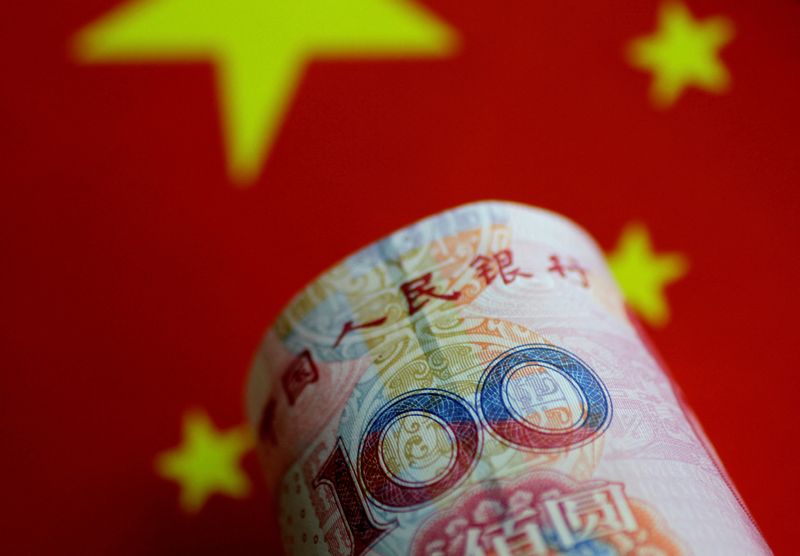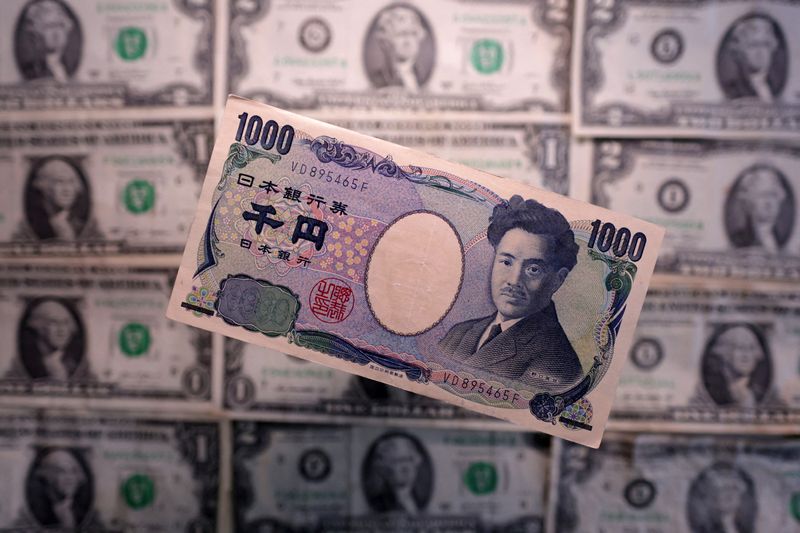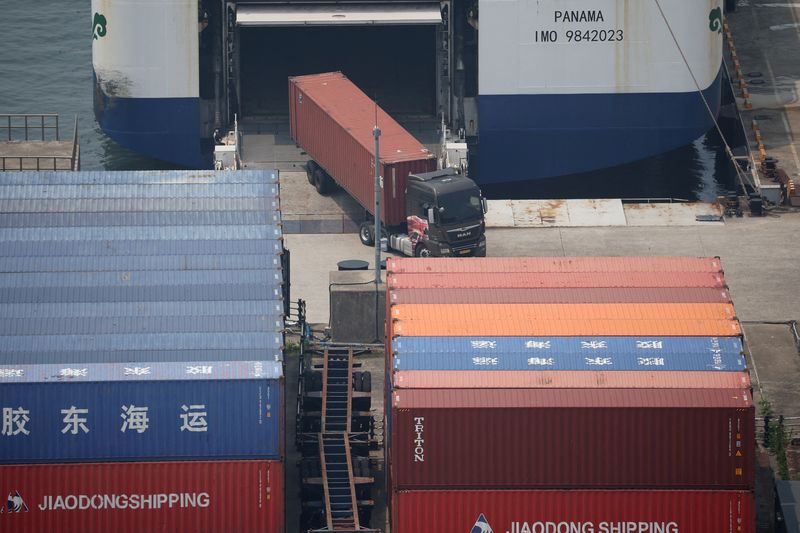See what’s trending right now
Stock Marketin Financial Markets
4 hours agoMarkets show mixed signals as Trump's influence boosts momentum, Poland's WIG30 rises, but a top analyst warns of potential stock declines.
Show me
Financial Markets
China's yuan undervaluation fuels euro zone trade deficit, German study shows
NegativeFinancial Markets
A German study has found that China’s undervalued yuan is contributing to the euro zone’s trade deficit, particularly hurting countries like Germany. The research suggests that Beijing’s currency policies make Chinese exports artificially cheap, undercutting European manufacturers and widening the trade gap.
Editor’s Note: This isn’t just about numbers—it’s about jobs, industries, and economic tensions. If China keeps its currency weak, European businesses face tougher competition, and trade imbalances could strain relations between two of the world’s biggest economies. For policymakers, it’s another headache in an already complicated global trade landscape.
Japan says forex not included in trade deal with US, Kyodo reports
NeutralFinancial Markets
Japan has clarified that foreign exchange (forex) agreements aren’t part of its recent trade deal with the U.S., according to a Kyodo News report. This means currency policies—often a hot-button issue in trade talks—won’t be directly tied to the pact, easing concerns about potential clashes over exchange rates.
Editor’s Note: Trade deals often spill over into debates about currency manipulation, which can spark tensions between countries. By keeping forex out of this agreement, Japan and the U.S. are sidestepping a thorny issue—but it also leaves questions open about how exchange rates might affect trade down the line. For markets and policymakers, it’s a sign that this deal focuses on goods, not financial maneuvering.
South Korea to scrutinise US-Japan trade deal as officials fly to Washington
NeutralFinancial Markets
South Korean officials are heading to Washington to take a closer look at the recent U.S.-Japan trade agreement, signaling concerns over how it might impact their own economy. While not outright opposing the deal, Seoul wants to ensure its interests—particularly in key industries like semiconductors and electric vehicles—aren’t sidelined.
Editor’s Note: Trade deals between major economies ripple across the globe, and South Korea isn’t just watching from the sidelines. With tech and auto exports at stake, this isn’t just about diplomacy—it’s about protecting billions in business. If the U.S. and Japan grow closer, Seoul wants to make sure it doesn’t get left out in the cold.
Why World Pulse Now?
Global Coverage
All major sources, one page
Emotional Lens
Feel the mood behind headlines
Trending Topics
Know what’s trending, globally
Read Less, Know More
Get summaries. Save time
Stay informed, save time
Learn moreLive Stats
Articles Processed
8,005
Trending Topics
119
Sources Monitored
191
Last Updated
4 hours ago
Live data processing
How it works1-Minute Daily Briefing
Stay sharp in 60 seconds. Get concise summaries of today’s biggest stories — markets, tech, sports, and more
Why World Pulse Now?
Global Coverage
All major sources, one page
Emotional Lens
Feel the mood behind headlines
Trending Topics
Know what’s trending, globally
Read Less, Know More
Get summaries. Save time
Stay informed, save time
Learn moreLive Stats
Articles Processed
8,005
Trending Topics
119
Sources Monitored
191
Last Updated
4 hours ago
Live data processing
How it works1-Minute Daily Briefing
Stay sharp in 60 seconds. Get concise summaries of today’s biggest stories — markets, tech, sports, and more


